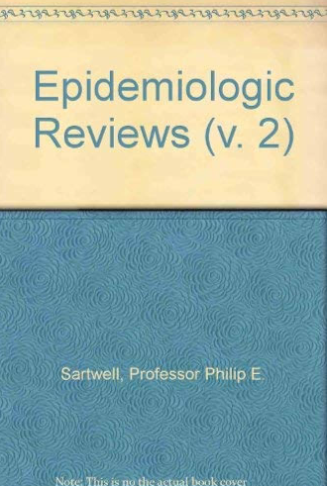根除幽门螺杆菌对胃癌发生的流行病学疗效评价。
IF 3.8
2区 医学
Q1 PUBLIC, ENVIRONMENTAL & OCCUPATIONAL HEALTH
引用次数: 7
摘要
据报道,根除幽门螺杆菌(h.p ylori)定植会影响胃癌的进展。通过电子数据库对1997 - 2017年的文献进行全面检索。所有随机对照试验(RCT)和非随机对照试验(non-RCT)都评估了根除幽门螺杆菌对胃癌发展的影响。纳入4项随机对照试验和9项非随机对照试验,共40740名受试者(321269人-年)。总的来说,根除幽门螺杆菌治疗与显著降低胃癌风险相关(发病率比,IRR = 0.52, 95% CI: 0.41, 0.65)。混合效应泊松回归meta分析结果与传统meta分析结果相似。在分层分析中,随机对照试验的irr为0.59 (95% CI: 0.41, 0.86),非随机对照试验的irr为0.48 (95% CI: 0.36, 0.64)。患者的irs为0.45 (95% CI: 0.34, 0.61),人群的irs为0.63 (95% CI: 0.44, 0.90)。此外,在中国,幽门螺杆菌根除治疗可使非心源性胃癌的相对风险降低约77%。中国患者归因风险率和人群归因风险率分别为77.08%和75.33%,日本患者为57.80%和45.99%。综上所述,幽门螺杆菌根除治疗降低了发生非心源性胃癌的风险,从流行病学角度提示早期干预幽门螺杆菌根除治疗的重要性。本文章由计算机程序翻译,如有差异,请以英文原文为准。
Evaluation of the epidemiological efficacy of eradicating Helicobacter pylori on development of gastric cancer.
Eradication of Helicobacter pylori (H. pylori) colonization has been reported to affect the progression of gastric cancer. A comprehensive literature search was performed from 1997 to 2017 through the electronic database. All randomized controlled trials (RCT) and non-randomized controlled trials (non-RCT) evaluated the effect of H. pylori eradication on development of gastric cancer. Four RCTs and nine non-RCTs were included, with a total of 40,740 participants (321,269 person-years). Overall, H. pylori eradication therapy was associated with a significantly reduced the risk of gastric cancer (Incidence rate ratio, IRR = 0.52, 95% CI: 0.41, 0.65). Results of mixed-effect Poisson regression meta-analysis were similar with traditional meta-analyses. In stratified analyses, the IRRs were 0.59 (95% CI: 0.41, 0.86) in RCTs and 0.48 (95% CI: 0.36, 0.64) in non-RCTs. The IRRs were 0.45 (95% CI: 0.34, 0.61) in patients and 0.63 (95% CI: 0.44, 0.90) in population. Moreover, the relative risk reduction was approximately 77% on the development of non-cardiac gastric cancer for H. pylori eradication therapy in China. Attributable risk percentage and population attributable risk percentage for Chinese patients were 77.08% and 75.33% and Japanese patients were 57.80% and 45.99%. In conclusion, H. pylori eradication therapy reduces the risk of developing non-cardiac gastric cancer, the findings indicate the importance of early intervention of H. pylori eradication therapy from the perspective of epidemiology.
求助全文
通过发布文献求助,成功后即可免费获取论文全文。
去求助
来源期刊

Epidemiologic Reviews
医学-公共卫生、环境卫生与职业卫生
CiteScore
8.10
自引率
0.00%
发文量
10
期刊介绍:
Epidemiologic Reviews is a leading review journal in public health. Published once a year, issues collect review articles on a particular subject. Recent issues have focused on The Obesity Epidemic, Epidemiologic Research on Health Disparities, and Epidemiologic Approaches to Global Health.
 求助内容:
求助内容: 应助结果提醒方式:
应助结果提醒方式:


